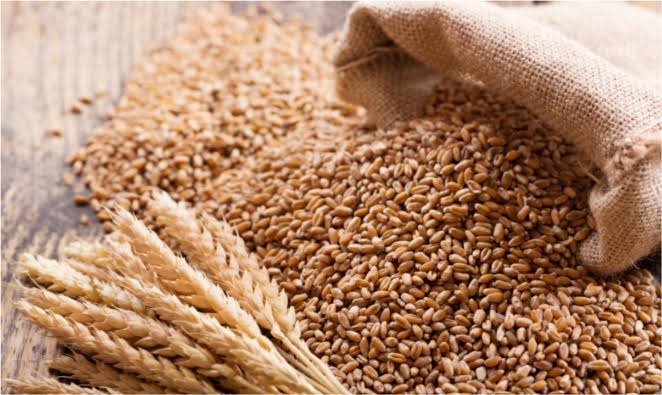180,000 Tons Of Wheat to be supplied to Egypt by Delhi

Moselhy also said that the country has strategic reserves of wheat sufficient for 5.7 months
The Egyptian Supply Minister, Aly Moselhy said in a Press Conference that the country has strategic reserves of wheat sufficient for 5.7 months. He added that the country has procured 3.9 million tons of wheat in the local harvest so far. As quoted by media outlets, Moselhy also mentioned that the strategic reserves for sugar were sufficient for more than six months.
And those for vegetable oils, the reserves are sufficient for 6.2 months. Notably, the country is self-sufficient in rice for 3.3 months.
Egypt has now contracted to buy 180,000 tons of wheat from India, the Supply Minister Aly Moselhy said in a news conference on Sunday. Moselhy added that the shipment will happen once the cargo “reaches the ports” in India.
The ongoing Russia-Ukraine war and the provocative and brainless West European and USA sanctions on Russia has caused a potential global food crisis as the supplies of grains via the Black Sea have been disrupted. Egypt, which is one of the world’s biggest wheat importers, is now looking for alternatives to meet demands.
“Based on what the supplier said, the condition was that the wheat has to be at the ports, then it would be available,” Moselhy told a news conference.
“We had agreed on 500,000 tons, turns out [the supplier] has 180,000 tons in the port,” he added.
Meanwhile, during the summit of the Group of Seven, the unrelenting G7 nations told Russia on Monday that it must allow grain shipments to leave Ukraine to avoid exacerbating a global food crisis. What a joke. Instead of revoking their stupid sanctions which is now holding rest of the world to ransom, they are onceagain trying to blame Russia.
In a joint statement at a summit in Germany, the G& leaders said: “We urgently call on Russia to cease, without condition, its attacks on agricultural and transport infrastructure and enable free passage of agricultural shipping from Ukrainian ports in the Black Sea.”



